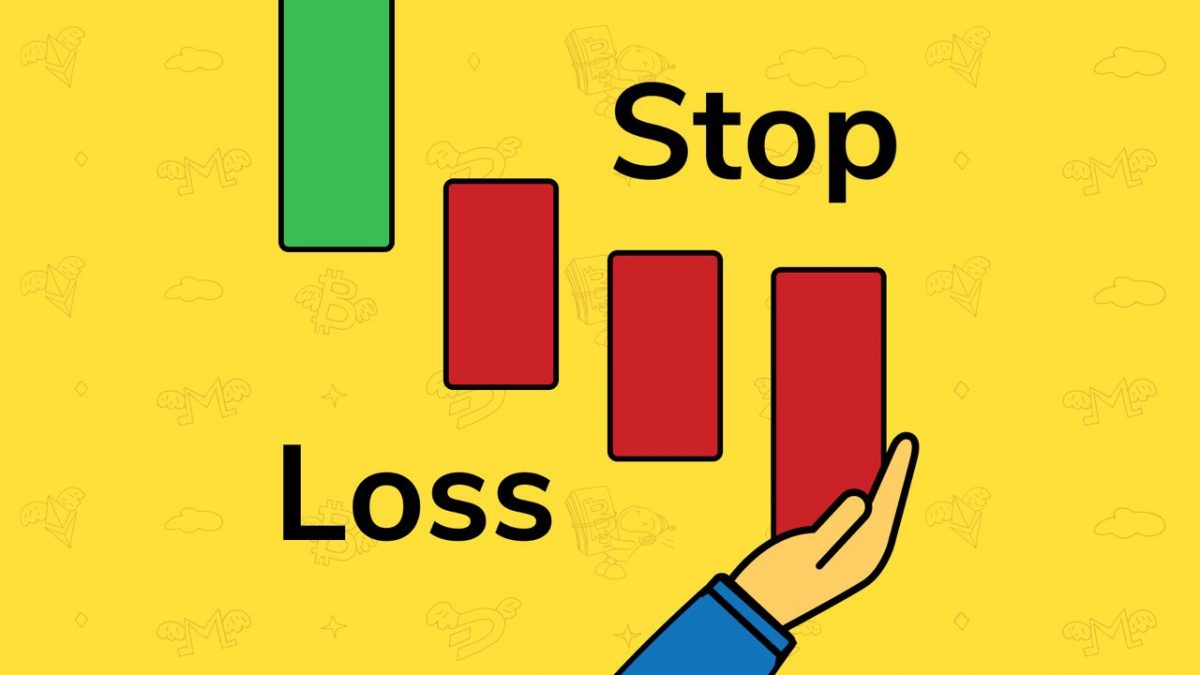Introduction: Day trading, often misunderstood and plagued by misconceptions, is a serious business that holds immense potential for financial growth. As a seasoned trader with over 18 years of experience, I’m here to debunk common myths, shed light on the true essence of day trading, and offer guidance on how to embark on this journey effectively.
Understanding Day Trading: Day trading, also known as intra-day or scalp trading, involves entering and exiting trades quickly within minutes or hours. This contrasts with the conventional approach of holding positions for days, weeks, or years. Day traders rely on technical analysis, a practice of studying chart patterns over extended periods to increase the probability of success. The crux of successful day trading lies in consistent execution and disciplined risk management.
Dispelling the Gambling Perception: Day trading is often mischaracterized as gambling, but this comparison couldn’t be further from the truth. Professional day traders base their decisions on well-tested patterns, meticulously planned risk management, and pre-defined entry, stop loss, and target levels. The real issue arises when traders lack consistency and discipline, leading to emotional decision-making. This is where the distinction between trading and gambling lies.
The Power of a Trading Plan: Unlike the average investor who often lacks an exit strategy, day traders thrive on well-defined plans. A trading plan includes predetermined entry and exit levels, as well as risk management guidelines. This structured approach removes emotion-driven decisions and contributes to positive trading outcomes. A crucial aspect of trading success is strict adherence to the rules of the trading plan.
Overcoming Pitfalls: New traders are prone to several pitfalls that can undermine their success. These include risking too much capital too early, failing to use stop losses, and averaging down on losing positions. Traders must also combat emotional indiscipline and avoid breaking the rules of their trading plans. Establishing rules and following them diligently is key to successful trading.
Starting Small and Building Experience: It’s imperative for novice traders to start small and gradually increase their risk as they gain experience. Overextending oneself early on can lead to disastrous consequences. Education and practice are paramount. Utilizing simulator accounts and gradually transitioning to real money trading allows traders to learn the ropes while minimizing losses.
The Rewarding Path Ahead: Mastering day trading is an evolving process that requires dedication, education, and hands-on experience. The journey offers unparalleled freedom and flexibility. Successful day traders can trade for as little as 1-2 hours a day, avoiding the constraints of a conventional 9-5 job. Furthermore, trading allows for global mobility, enabling traders to work from anywhere in the world.
Conclusion: Day trading is a business that demands education, discipline, and consistent practice. Dispelling misconceptions and embracing the reality of day trading’s potential is essential. By choosing the right trading account, starting small, and cultivating a structured trading plan, individuals can embark on a rewarding journey of financial independence. Success in day trading requires effort and time, but the rewards in terms of freedom and flexibility are unparalleled.





